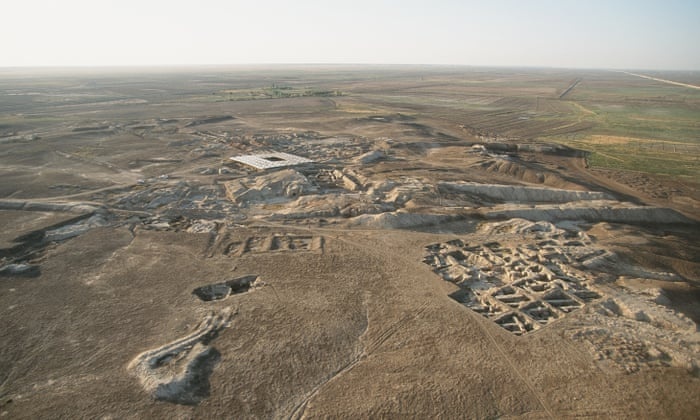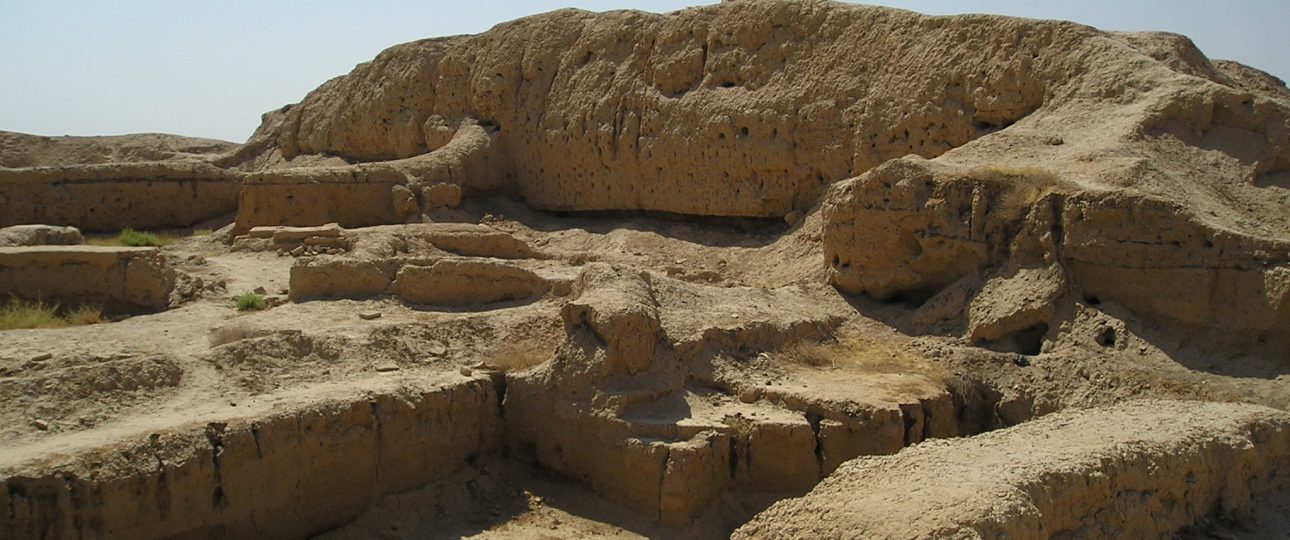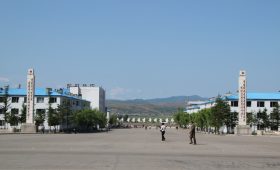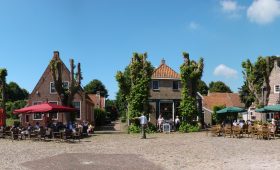Mari: A Journey Through Time in Syria
Historical Significance
Mari, known in ancient times as ma-riki, is an archaeological site located in modern-day Syria, near the Euphrates River. This ancient city-state was a pivotal hub of trade and culture between 2900 BC and 1759 BC. Its strategic position along the Euphrates made it a key player in the trade routes connecting Sumer in the south with the Eblaite kingdom and the Levant in the west.
Throughout its history, Mari experienced cycles of destruction and rebirth. It was first abandoned in the 26th century BC, only to rise again as a powerful East Semitic state. The city was heavily influenced by Sumerian culture, yet it retained its Semitic roots, speaking a dialect akin to Eblaite. The Akkadians destroyed Mari in the 23rd century BC, but it was rebuilt and became a regional center under the rule of military governors known as Shakkanakkus. The Amorite Lim dynasty later took control, but the city was eventually destroyed by Babylonia around 1761 BC. Despite this, Mari continued as a small settlement under Babylonian and Assyrian rule before being abandoned during the Hellenistic period.
Cultural Insights
The people of Mari, known as Mariotes, worshiped a pantheon of Semitic and Sumerian deities, reflecting the city’s cultural diversity. The Amorites, who settled in the area before the 21st century BC, became the dominant population by the time of the Lim dynasty. The discovery of over 25,000 tablets in 1933 has provided invaluable insights into the city’s administration and diplomatic relations in the 2nd millennium BC, as well as its extensive trade networks reaching as far as Afghanistan and Crete.
Visiting Mari
Best Time to Visit
Spring and fall are the ideal times to visit Mari, as the weather is mild and pleasant. Summers can be extremely hot, while winters are often cold and rainy.
Getting There
The closest international airport to Mari is Damascus International Airport. From there, you can hire a car or take a bus to reach the site. Trains from major Syrian cities are another option, though they may require additional planning due to current infrastructure conditions.
Exploring the Site
Once in Mari, exploring on foot is the best way to absorb the site’s historical ambiance. The compact nature of the ruins allows for easy navigation, and you’ll have the chance to wander through ancient streets and alleys. For longer distances, taxis and bicycles are available.
Key Attractions
The Royal Palace
The Royal Palace of Mari is a testament to the architectural prowess of the ancient Mesopotamians. As you walk through its remains, you’ll be captivated by the intricate carvings and the grandeur that once defined this majestic structure.
The Mari Museum
History enthusiasts will find the Mari Museum a treasure trove of artifacts that illuminate the daily life, art, and culture of the ancient city. The museum’s narrative offers a comprehensive overview of Mari’s historical significance.
The Euphrates River
A visit to Mari wouldn’t be complete without experiencing the Euphrates River. A leisurely boat ride offers a serene escape, allowing you to appreciate the natural beauty that surrounds this ancient site.
Practical Tips
- Dress modestly and respect local customs and traditions.
- Stay hydrated and protect yourself from the sun, especially during the summer months.
- Sample local cuisine, including kebabs, falafel, and baklava.
- Engage with locals and learn a few basic Arabic phrases to enhance your experience.
- Carry a map and have a backup plan for transportation.
Summary of Facts
- Mari is an ancient city-state in Syria with a rich history.
- The best time to visit is during the spring or fall.
- The closest international airport is Damascus International Airport.
- Local transportation options include walking, taxis, and bicycles.
- Key attractions include the Royal Palace, Mari Museum, and the Euphrates River.
- Remember to dress modestly, stay hydrated, try local cuisine, engage with locals, and carry a map.





